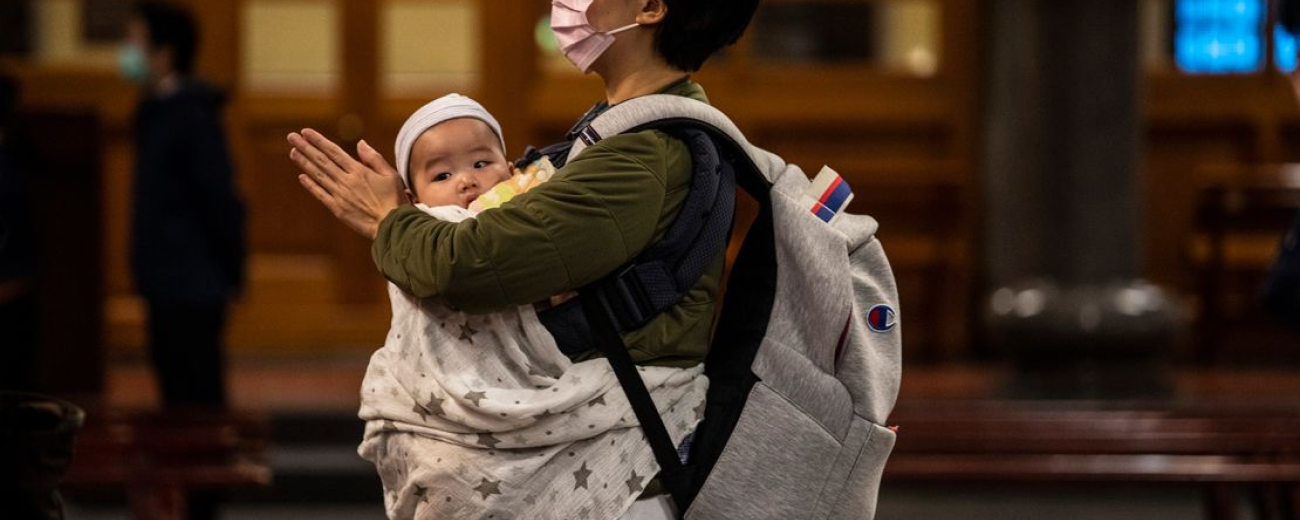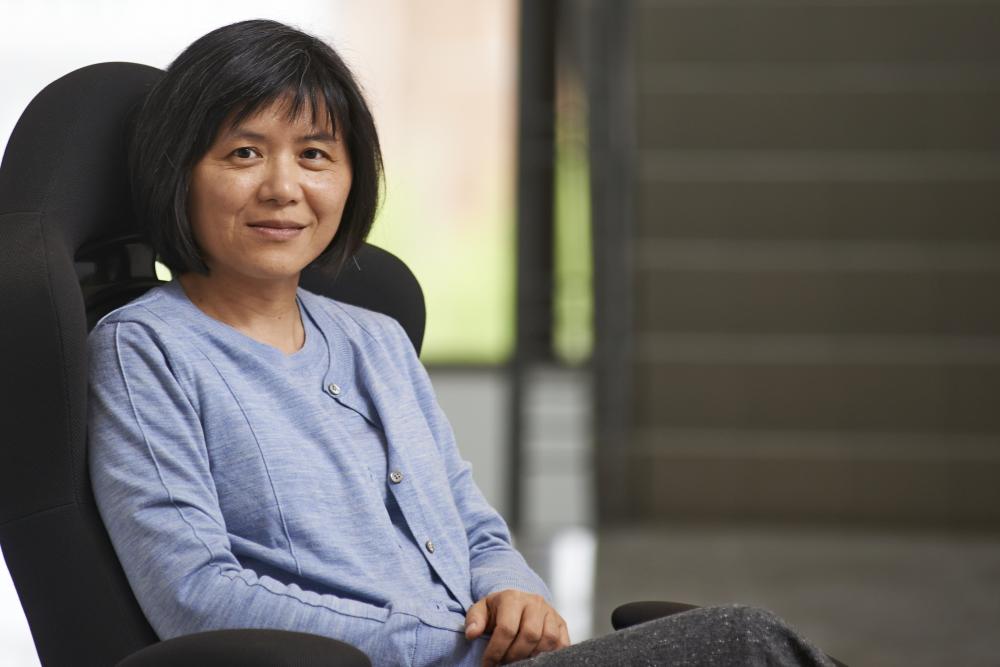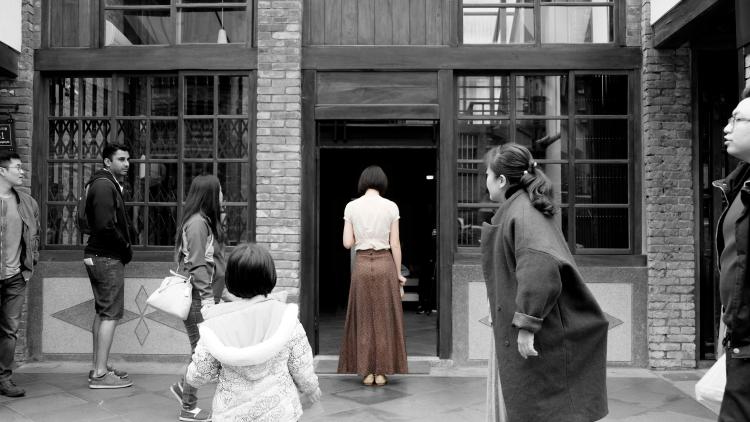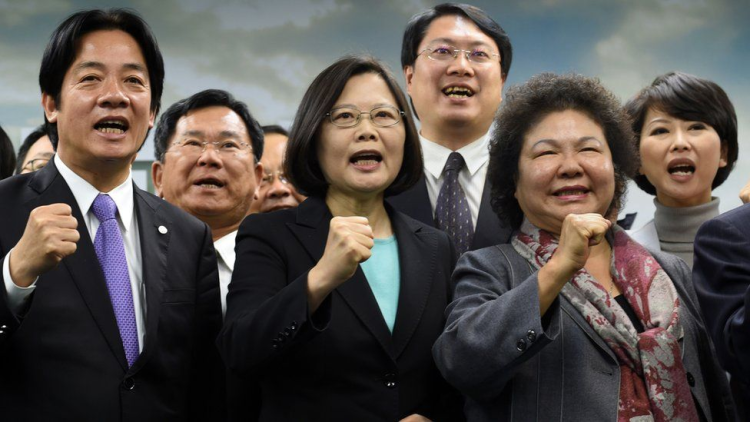
Single women and the law in a pro-marriage state

Key information
- Date
- Time
-
5:15 pm to 6:45 pm
- Venue
- Main Building, SOAS University of London, 10 Thornhaugh St, London WC1H 0XG
- Room
- KLT
- Event type
- Lecture
About this event
This lecture will offer an overview of single women and the law in Taiwan, highlighting both legal benefits and detriments, with a focus on the latter.
Much has been written about what it means to be a married woman in law, with particular attention to the inequality associated with this status. In Taiwan and many other countries, legal reforms have addressed this inequality by improving access to, the relationship within, and the exit from marriage. Despite these advancements, equality for married women remains a goal yet to be fully realized.
Moreover, the legal gains and normative dangers of marriage equality are worthy of attention. For many women, marriage is perceived as a cage to be avoided, an unattractive option, an unaffordable choice, or a lifestyle by chance. Some women are “single at heart” and embrace singlehood as a flourishing way of life. Female singlehood is on the rise in many parts of the world, including in East Asia, where governments, both democratic and authoritarian, have demonstrated commitment to implementing marriage promotion programs as part of their pronatalist policies.
Single women, particularly those at fertility ages, pose a challenge to marriage normativity and the state's interests in increasing childbirths. In Taiwan, being a single woman is a legally protected choice, with the freedom to marry being a constitutional right and discrimination based on marital status prohibited. Single women are exempt from legal discrimination faced by married women, such as the marriage penalty in taxation and the requirement of spousal consent in abortion. However, this view of single women and the law is misguided, as they are not in a privileged position compared to their married counterparts.
It will be argued that the freedom not to marry (the right to be single) is negatively recognized without affirmative protection. The prohibition of marital status discrimination, which was an achievement of the feminist movement to prevent involuntary singlehood and improve the inequality of married women, is more often mobilized to promote and protect marriage than to respond to singlism. Furthermore, single women are subject to what is termed the “singles penalty.” The issue of discrimination against single women has not received the attention it deserves. The pursuit of “single equality” shall be incorporated into the feminist legal agenda.
Meet the speaker
Professor Chao-ju Chen
Professor Chao-ju Chen is a distinguished professor and director of the Center for Human Rights and Jurisprudence at National Taiwan University College of Law. She was Hauser Global Professor at New York University School of Law in 2022.
Her research centers at the intersection of equality, feminism, legal history, and legal mobilization. A prolific writer on motherhood, marriage, family, sexual abuse, citizenship, indigenous identity, constitutional equality, feminist legal theory, and multiculturalism.
She has published numerous articles in scholarly journals and books, as well as in popular media. Acknowledged by several distinguished research awards, her research combines theoretical analysis with social inquiry and historical insight to examine the transformation of male dominance through preservation, the myths of liberal feminist legal reform and legal Orientalism, the dynamics of feminist legal mobilization, and the consolidation of marital supremacy, with a focus on interrogating the concepts of choice, consent, and (in)equality.
She is currently working on a project examining the intersectional discrimination against single people and developing the concept of single equality. She practices engaged scholarship and is committed to advocacy for feminism and constitutional democracy. She also serves as the project director of the Taiwan Database for Empirical Legal Studies, a database funded by Taiwan’s National Science and Technology Council to promote empirical legal studies.
This event is part of the SOAS Centre of Taiwan Studies Summer School programme at SOAS Khalili Lecture Theatre, between 25–28 June 2024. The Summer School is free and open to the public; registeration needed.
Image Cerdit: Paula Bronstein via flickr.



